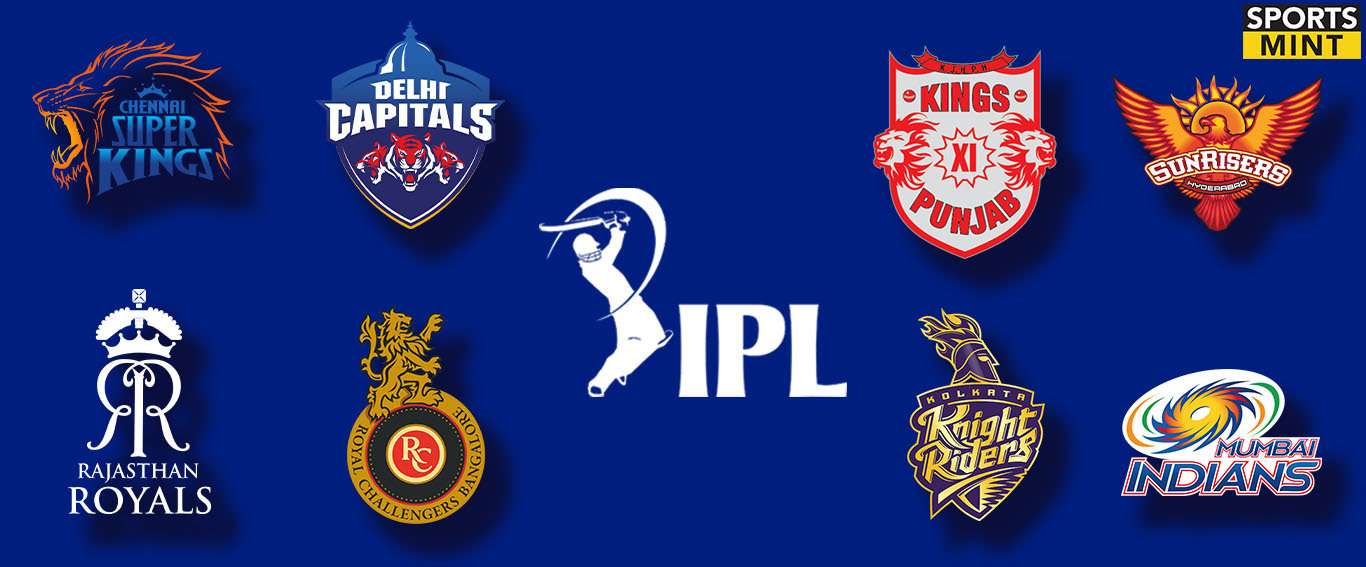The Indian Premier League (IPL) returned to UAE this season after playing 20 games were played in 2014. The COVID-19 situation in India has brought them back to the UAE to compete for the coveted title.
Many things have changed in UAE since 2014. The introduction of Value Added Tax (VAT) from 2018 is one of the big changes made by the Middle East country. As per the new Value Added Tax Laws introduced in 2018, any service provided in the nation is taxed. Under these norms, all player earnings in UAE are bound to be taxed.
VAT is a tax on the supply of goods/services for consideration by a person conducting business in the UAE. The IPL model of franchisees and players’ auction indicates that consideration (fee/value) is indeed present between the parties. A detailed review of players’ contracts should confirm if they are employees of the franchisees or providing sporting services to them.
As per the VAT laws, the place of supply of any sporting service – or any similar services – shall be where such services are performed. Accordingly, the IPL players are reportedly obliged for VAT compliance for the current IPL season. A critical element would be to apportion the total contract fee between the sporting service and other services performed by players for their franchisees during the season.
As the players are non-residents in the UAE, the usual threshold of Dh375,000 ($100,000) for VAT registration would not be available to them. Even a single dirham earned from the sporting services performed in the UAE would trigger VAT compliance.
It is not only the player salaries that come under the tax purview according to the taxation experts in UAE, but the earnings of the franchisees may also need to independently review their VAT exposure for various sponsorships, endorsements, and other services supplied during the IPL season.

